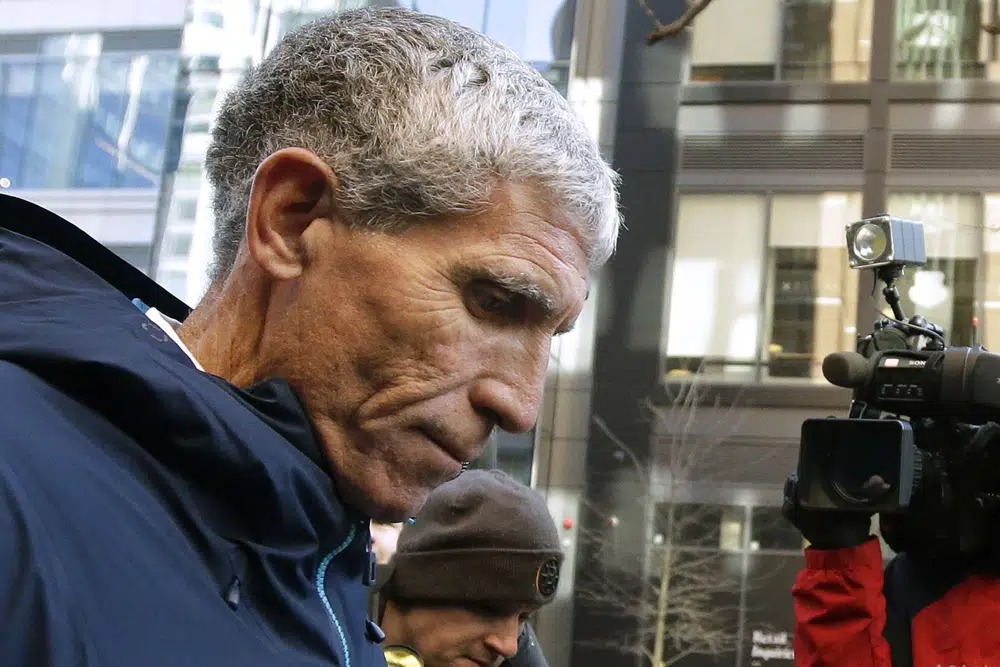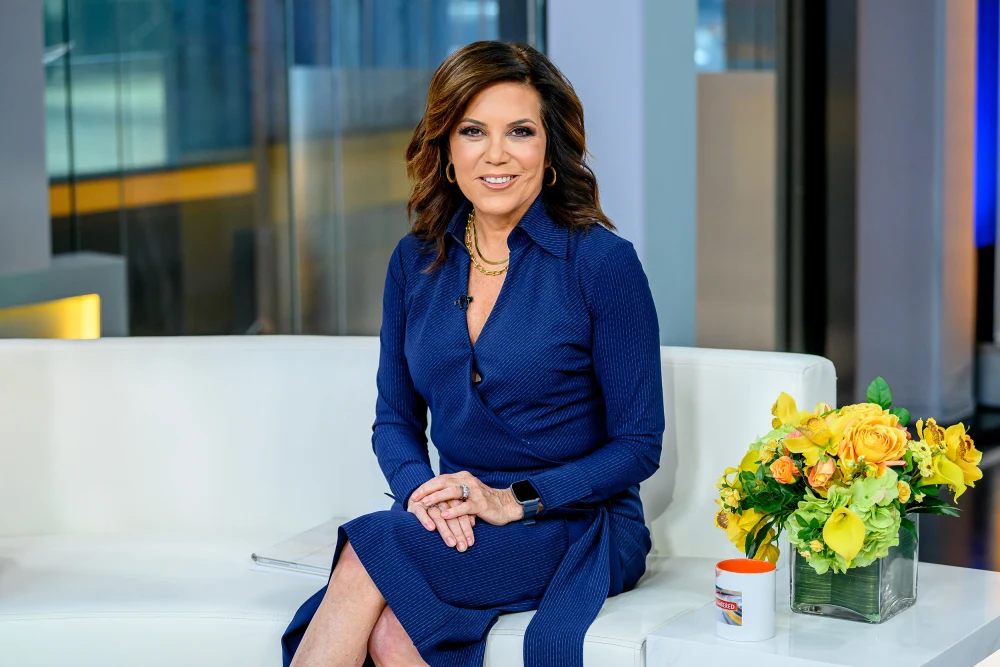Celebrities wept in court. Coaches lost their jobs. Elite universities saw their reputations stained. And nearly four years later, the mastermind of the Varsity Blues scheme was sentenced this month to more than three years in prison.
But there’s little belief the college bribery scandal has stirred significant change in the admissions landscape. Some schools tweaked rules to prevent the most flagrant types of misconduct, but the outsize roles of wealth, class and race — which were thrust into public view in shocking plainness — loom as large as ever.
College admissions leaders say the case is an anomaly. Corrupt athletics officials abused holes in the system, they argue, but no college admissions officers were accused. Still, critics say the case revealed deeper, more troubling imbalances.
“Privilege is just really baked into the system in many ways,” said Julie Park, who studies college admissions and racial equity at the University of Maryland. “At the end of the day, there’s disproportionate representation of the 1% at any private college.”
In court, some of the accused parents argued their alleged bribes were no different from donations colleges routinely accept from relatives of prospective students. Records revealed from the University of Southern California showed lists detailing scores of “VIP” applicants, with notes such as “potential donor” or “1 mil pledge.”
Among the parents sent to prison for participating in the scheme were “Full House” actor Lori Loughlin, her fashion designer husband Mossimo Giannulli, and “Desperate Housewives” star Felicity Huffman.
When authorities announced the first charges in 2019, it left colleges across the U.S. scrambling to review their own admissions systems, especially where there was overlap with athletics programs. Schools added layers of scrutiny around recruiting, with a sharp eye on lower-profile sports targeted in the scheme, such as water polo and rowing.
Wealth looms big as ever in post-scandal college admissions




